Nearly a year ago, the BARN Fabric Arts Studio launched a mask-making program to respond to the growing concerns of COVID-19. BARN’s energetic Studio Lead Fran Fuller first began prototyping in response to a request from Bainbridge Prepares. This was prior to the CDC releasing standards for masks and required much experimentation along the way. “The research would say something was good, and we’d realize you couldn’t breathe through it,” Fran explained.
Creating nose pieces was a process in itself. Prototype masks with nose pieces made of pipe cleaner would break after a washing. The team tried using stacked strips of aluminum foil and slices of disposable roasting pans, but nothing withstood the heat of the dryer. Finally, using aluminum flashing for roofing, Linda Sohlberg along with many members of the Metal Arts Studio fabricated nose pieces that worked well.
The Electronic and Technical Arts Studio also assisted. During a shortage of elastic for ear straps, fabric ties had to be designed and created. Jorge Barrios, Deanna Wilkes-Gibbs, and many Electronic and Technical Art Studio members created 3D-printed instruments to fold long, skinny strips of fabric so that they could be sewn into ties.
Hundreds of yards of fabric, donated from members of BARN and Esther’s Fabric Shop, were cut to size by Joline Exparza on a fabric cutter, and then assembled into kits, along with the nose pieces and ties, by Bev Glasser, Lee Robinson, Jeanne Huber other volunteers. More than 80 volunteers picked up the kits to sew them into masks at home, since BARN was closed.
After the masks were created, they had to be returned to BARN, assessed for quality, then washed and dried before they could be distributed. The first mask design was made of terry cloth, and they took hours to dry, even on high heat. Kim Brackett of Bainbridge Prepares volunteered hundreds of hours of time to perfect this drying process, so that it resulted in a clean, fluffy mask.
In total, volunteers created nearly 6,000 masks. Bainbridge Prepares, PAWS, the Bainbridge Island Fire Department, and other local organizations received masks thanks to the efforts of so many people.
“This isn’t the most creative work — it can be tedious and fiddly… I want to stress how grateful I am to the volunteers who stepped up to do this work,” Fran emphasized. She herself put in 60-hour weeks at the beginning of the project. For her, this project gave connection with the community in a time when very few people were connecting.
At the end of June, in the span of a week, requests for masks dropped off almost entirely as masks became available elsewhere. However, the project may take on new life this year in response to new standards from the CDC. BARN volunteers will be keeping an eye on how they can best support the community as the pandemic continues.
By Genevieve Douglass Persen
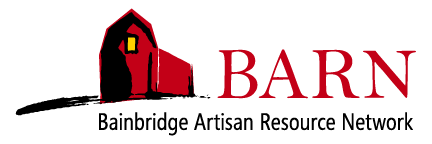
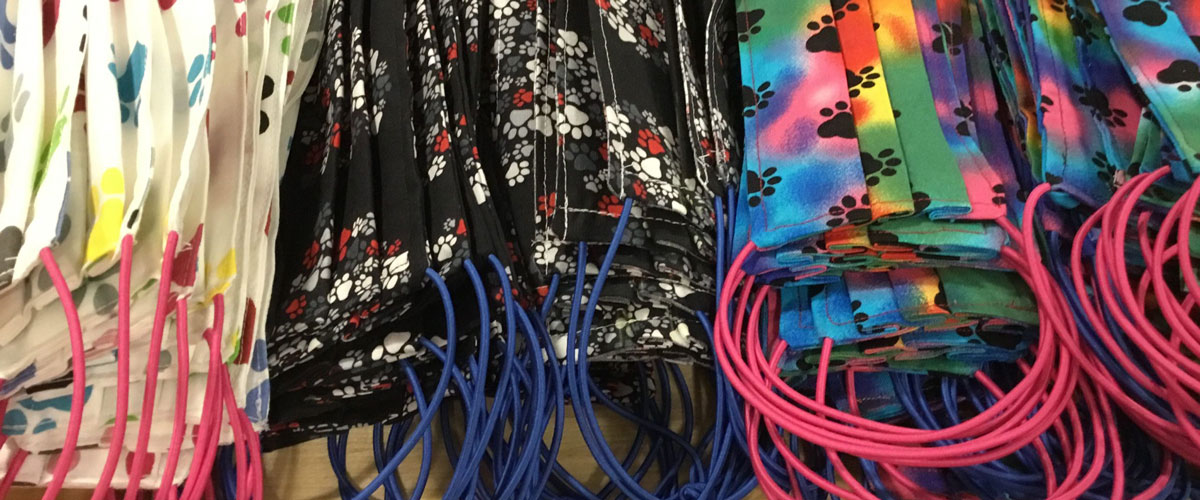
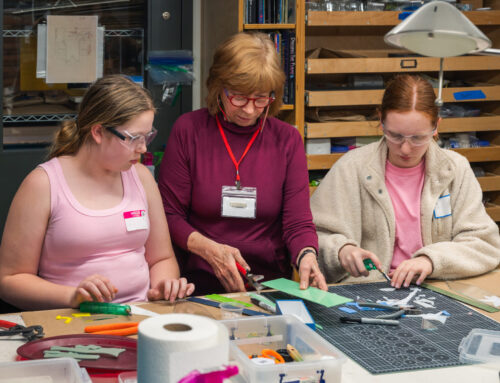
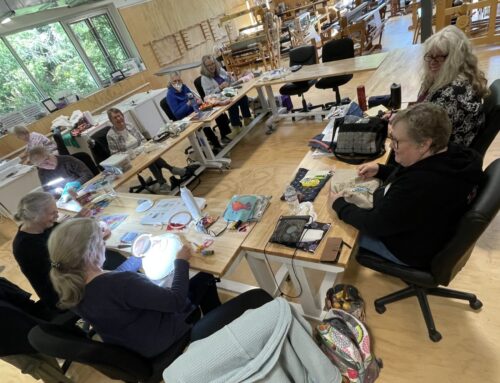
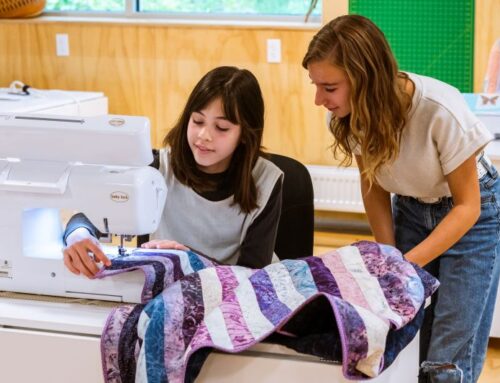
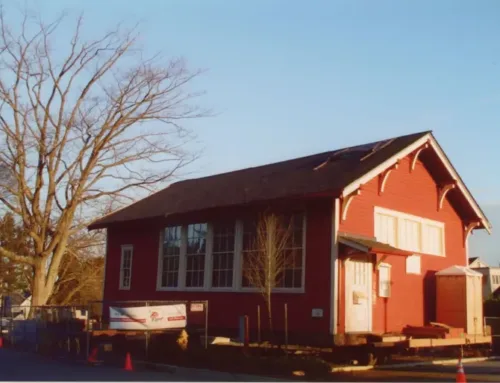
Follow Us